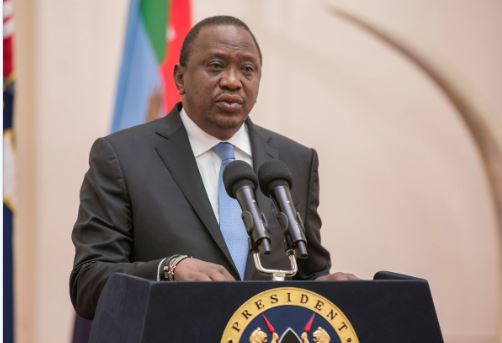×
The Standard e-Paper
Join Thousands Daily

All eyes have shifted to the National Assembly where the fate of the 16 percent levy imposed on petroleum products now lies.
After days of heated debate away from the plenary, it will be interesting if the MPs will rubber stamp President Uhuru Kenyatta’s word on the proposed law they had unanimously passed.